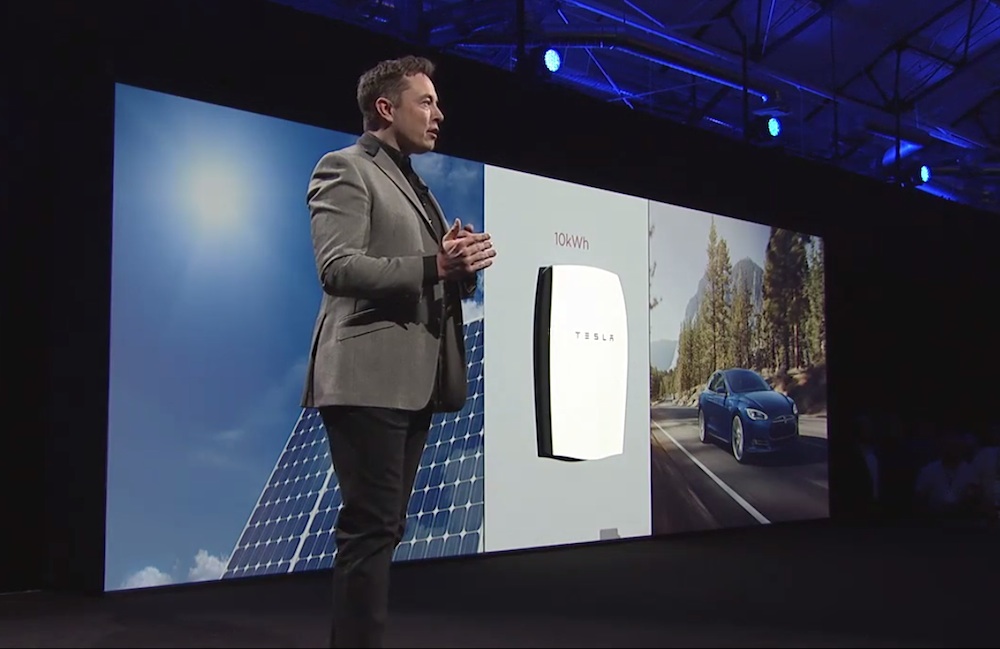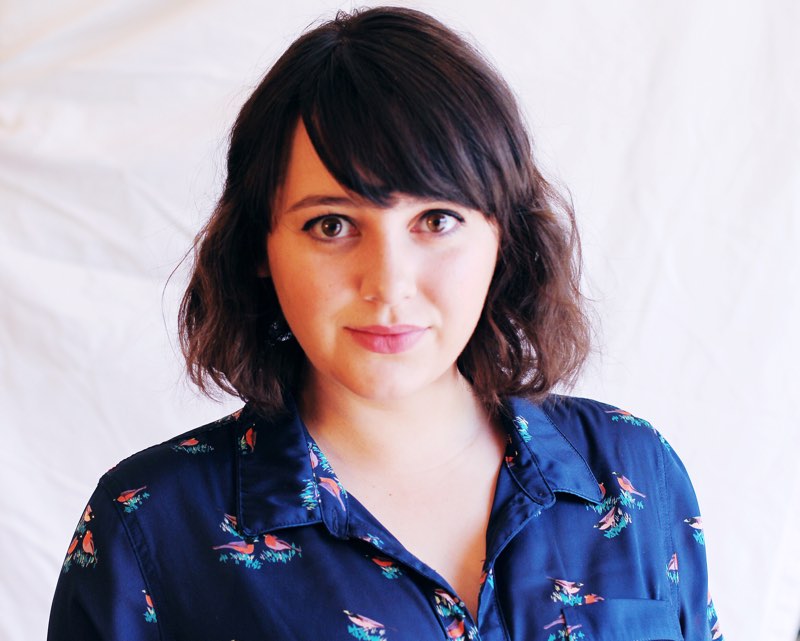
Tesla to the Rescue? Elon Musk Offers Solution for Australian Blackouts

Get the world’s most fascinating discoveries delivered straight to your inbox.
You are now subscribed
Your newsletter sign-up was successful
Want to add more newsletters?

Delivered Daily
Daily Newsletter
Sign up for the latest discoveries, groundbreaking research and fascinating breakthroughs that impact you and the wider world direct to your inbox.

Once a week
Life's Little Mysteries
Feed your curiosity with an exclusive mystery every week, solved with science and delivered direct to your inbox before it's seen anywhere else.

Once a week
How It Works
Sign up to our free science & technology newsletter for your weekly fix of fascinating articles, quick quizzes, amazing images, and more

Delivered daily
Space.com Newsletter
Breaking space news, the latest updates on rocket launches, skywatching events and more!

Once a month
Watch This Space
Sign up to our monthly entertainment newsletter to keep up with all our coverage of the latest sci-fi and space movies, tv shows, games and books.

Once a week
Night Sky This Week
Discover this week's must-see night sky events, moon phases, and stunning astrophotos. Sign up for our skywatching newsletter and explore the universe with us!
Join the club
Get full access to premium articles, exclusive features and a growing list of member rewards.
Can South Australia's power crisis be solved in 100 days? Elon Musk said he thinks so, and he even bet on it.
The Tesla CEO took to Twitter on today (March 10) to offer the Australian state a solution to its worsening blackouts. South Australia is a renewable-energy-dependent state, and the market has been in short supply recently, causing blackouts across the region, reported Reuters.
Backup battery power could avert blackouts, Reuters reported, and Musk offered to install $25 million in Tesla battery storage for South Australia. In fact, Musk gave himself a 100-day deadline for the installation — or the batteries would be free. [Top 10 Craziest Environmental Ideas]
Musk's offer came in response to a call-out on social media by Mike Cannon-Brookes, the co-founder of Australian software company Atlassian, Reuters said. Cannon-Brookes said he would find funding and political support for the battery farm if Tesla would supply the batteries.
"Tesla will get the system installed and working 100 days from contract signature, or it is free. That serious enough for you?" Musk replied in a tweet, Reuters reported.
In a follow-up tweet, Musk offered Cannon-Brookes a pricing quote for the project: $250 per kilowatt-hour of energy for 100-megawatt-hour systems, according to Reuters, which amounts to a total of $25 million for the batteries.
Cannon-Brookes told Reuters he was already fielding calls from people in support of the project, including companies offering funding. Though the offers were made on social media, the South Australia government said it would support the offer of Tesla batteries, according to Reuters.
Get the world’s most fascinating discoveries delivered straight to your inbox.
"The government stands ready through ARENA [the Australian Renewable Energy Agency] and the CEFC [the Clean Energy Finance Corporation] to work with companies with serious proposals to support the deployment of more storage," Josh Frydenberg, the Australian environment and energy minister, said in an email to Reuters.
Tesla's work in renewable energy was in the news earlier this week, too, with the completion of a solar farm on the Hawaiian island of Kauai. The project includes a 13-megawatt solar farm and a 52-megawatt-hour battery installation, reported The Verge. Solar energy generated from the farm could reduce fossil fuel consumption by 1.6 million gallons of fuel per year, the Verge said.
Original article on Live Science.

 Live Science Plus
Live Science Plus










